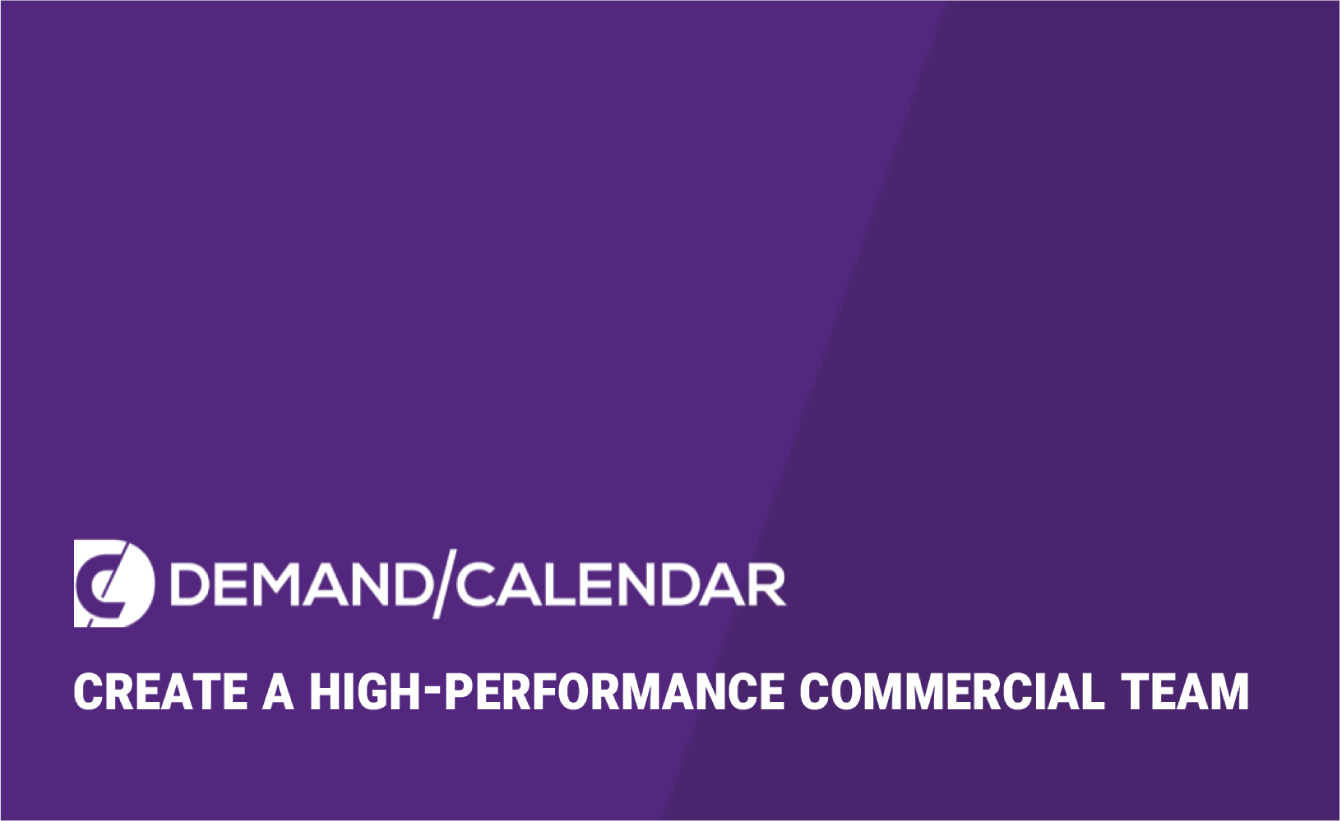The commercial manager is responsible for the hotel website, including the content that drives reservations and revenue. In a digitalized world, the hotel website is the first impression of the hotel and, therefore, the most critical part of positioning and marketing of a hotel.
Many hotels still struggle with their websites and getting direct bookings. To understand why let's quickly go back in time.
Hotels are late adopters
In the 1990ties hotels did not think that a website would be necessary. The hotel industry did not predict what was coming. The dot com crisis in early 2000 reinforced this belief as it seemed like the need for a hotel website was low. People still called when they needed to book a hotel room. Eventually, the hotel website becomes a must-have, but it was more a way to provide basic information about the hotel. It took a lot of effort to make a reservation on the hotel website, so it was easier to call. Hotels did not understand the digitalization trend and the power of the Internet. Booking, Expedia, and several other start-ups outside the hotel industry understood the potential to serve consumers with more choice, easy booking processes, and price comparisons. This service proved to be a winning concept and hotels gave up any ambitions for their websites. After the financial crisis, the OTAs grew more potent, and hotels discovered how much they paid in commissions and fees. That triggered the creation of ideas to lower the acquisition costs. One of these ideas is to get more direct reservations to the hotel without any middlemen. During these years, the digitalization of everything had continued. Therefore potential guests expected a superior experience on the hotel website to assess the hotel and potentially make a reservation. Now, 25 years after the beginning of the publicly accessible Internet, hotels are becoming more digitalized and better understand the importance of a superior website. What are the minimum requirements, and what will make the hotel website exceptional?
Make a great first impression
The hotel website is the face of the hotel. So the first point of contact with the hotel is THE FACE of the hotel, not only the digital front. Remember the quote from Will Rogers: "You never get a second chance to make a good first impression. " In a digital world, the hotel website is more critical than anything else to get people to make a reservation.
Content attracts the right audience
There are only two major areas to keep in mind for the hotel website. First, the keyword for any hotel is to differentiate. Hotels that present the standard room types will alienate guests and push them to OTAs to look for generic rooms at other hotels to lower prices.
The hotel website should directly address the primary audience that the hotel would like to attract. Use video, images, and copy to show that the hotel understands the needs and wishes of that specific target group. If the hotel lacks a target group strategy, it isn't easy to succeed with the hotel website.
The homepage should be attractive to the primary target group. It needs to be inviting and immediately confirm the needs and wants of the target group to entice them to explore the website.
Guest insights drive reservations
A hotel that knows its audience needs can display the appropriate room types, packages, and specials to get the reservation. The booking engine must be extremely user-friendly, easy to operate, mobile, and fast. Ideally, the guest should book rooms, make restaurant reservations, book spa treatments, or anything else the hotel offers. Every hotel should have a universal booking engine. The booking confirmation should be prompt, welcoming, and helpful with all vital information and some additional guidance at the destination. The goal for every hotel is to make the reservation process far superior to an OTA booking process.
Once the target group is clear, and a superior universal booking engine is in place, the hotel can start the journey towards an excellent website.
Build trust with additional content
The website should reinforce the brand values of the hotel. Destination partners, blogging, testimonials, and active on social media will strengthen the brand. Again, keep the primary target group in mind when finding the right partners. Blog about the interests of the target group. Select testimonials from typical guests within the target group. Share helpful information with the target group on social media. The main goal is to build trust with the target group. A loyal target group would prefer to book directly with the hotel if the hotel keeps rate parity or has more attractive packages.

